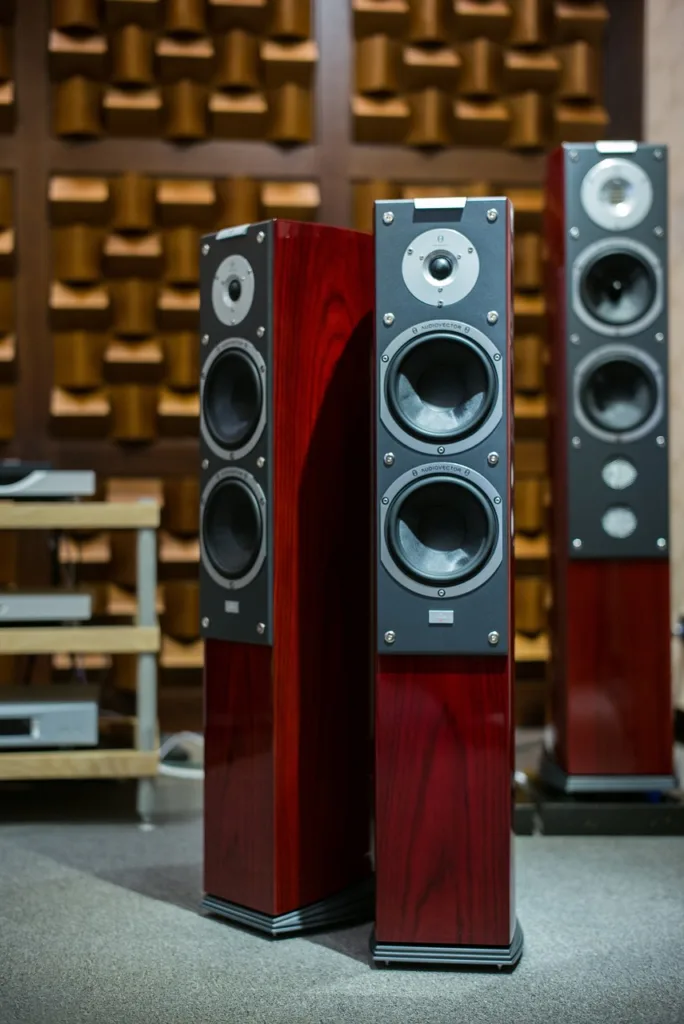Introduction
Have you ever wondered what is the speed of sound in Mph? Sound is an integral part of our everyday lives, from the chirping of birds to the roar of a jet engine. Understanding the speed of sound in miles per hour (mph) is not only fascinating but also practical. In this article, we’ll delve into the science behind the speed of sound, its variations, and why it’s relevant in various contexts.
Table of Contents
Exploring the Basics
1. Sound as a Wave
Sound is a form of energy that travels in waves through a medium, typically air. These waves are composed of compressions and rarefactions, creating areas of high and low pressure, respectively.
2. Speed in a Vacuum
In a vacuum, like outer space, sound cannot travel because it relies on molecules to transmit the wave. Hence, there is no speed of sound in a vacuum.
Factors Affecting the Speed of Sound
Medium Dependency
The speed of sound varies with the medium through which it travels. It’s fastest in solids, followed by liquids and gases like air.
Temperature’s Influence
Temperature plays a crucial role in determining the speed of sound. As temperature rises, so does the speed of sound in the same medium.
Altitude Matters
Altitude also impacts the speed of sound. Sound travels slightly faster at higher altitudes due to lower air density.
Calculating the Speed of Sound in Air
Standard Conditions
Under standard conditions (0°C or 32°F and sea-level pressure), sound travels at approximately 761 mph or 1,225 km/h in dry air.
Temperature Adjustments
To calculate the speed of sound in air at different temperatures, you can use the formula:
speed = 331.5 + 0.6 * temperature (in Celsius)
Convert m/s to Mph
To convert the speed of sound from meters per second (m/s) to miles per hour (mph), you can use the following conversion factor:
1 m/s = 2.23694 mph
So, to convert:
Speed in mph = Speed in m/s × 2.23694
For example, if you have the speed of sound in m/s and want to find it in mph:
Speed in m/s = 343 m/s (approximately the speed of sound in dry air at room temperature) Speed in mph = 343 m/s × 2.23694 ≈ 767.66 mph
So, the speed of sound in dry air at room temperature is approximately 767.66 mph.
Practical Applications
Supersonic Flight
Understanding the speed of sound is important in aviation. Breaking the sound barrier, or going faster than the speed of sound, creates a sonic boom.

Music and Sound Systems
Musicians and sound engineers need to consider the speed of sound when designing audio systems for optimal performance.

Fun Facts
Speed of Sound in Water
Sound travels even faster in water than in air, at approximately 1,480 m/s or 5,315 mph.
Speed of Sound in Steel
In steel, sound can reach an amazing speed of about 5,960 m/s or 21,456 mph.
Conclusion
In conclusion, the speed of sound in mph depends on various factors, including the medium, temperature, and altitude. It plays a crucial role in aviation, music, and even in understanding the nature of our universe. Next time you hear a sonic boom or enjoy a live concert, you’ll have a better appreciation for the science behind the speed of sound.
FAQs about “What is the Speed of Sound in MPH.”
- 1. Can sound travel faster than light?
No, sound cannot travel faster than light. Light travels at a much higher speed in a vacuum, while sound relies on a medium and is significantly slower.
- 2. How does temperature affect the speed of sound?
As temperature increases, the speed of sound in a given medium also increases. This is because higher temperatures lead to faster molecular movement.
- 3. Why is it important to know the speed of sound in aviation?
Knowing the speed of sound is critical in aviation because it helps pilots avoid the shockwaves and turbulence associated with breaking the sound barrier.
- 4. Is there a limit to how fast sound can travel?
Yes, there is a limit. The speed of sound is determined by the properties of the medium through which it travels, so it varies in different materials.
- 5. Can you hear sound in outer space?
No, you cannot hear sound in outer space because it’s a vacuum with no air or other medium to transmit sound waves. Sound requires a medium to travel.

